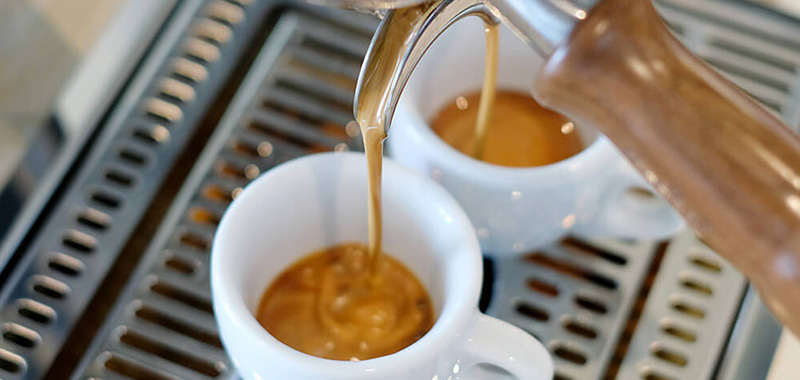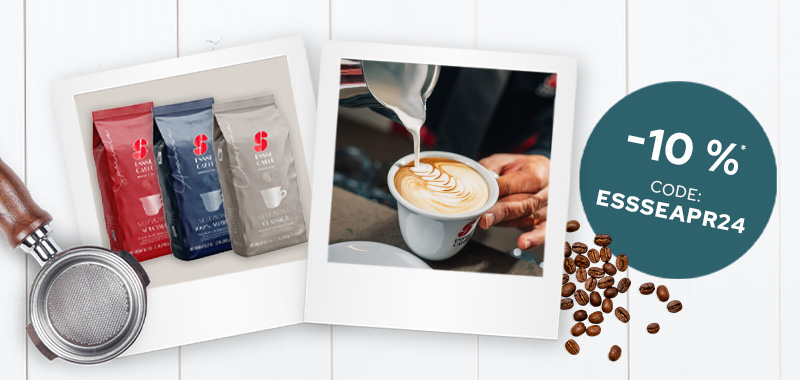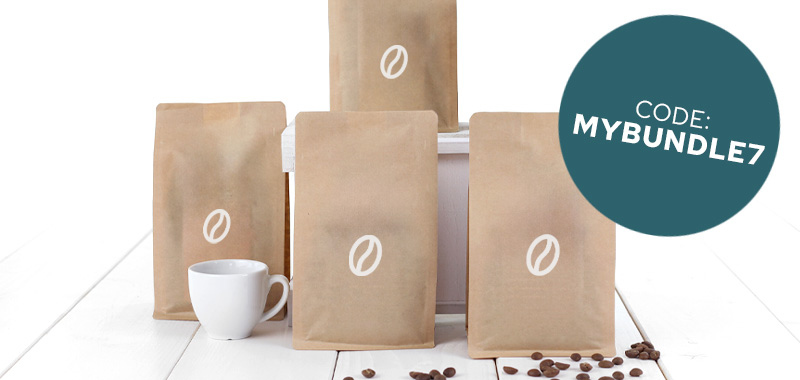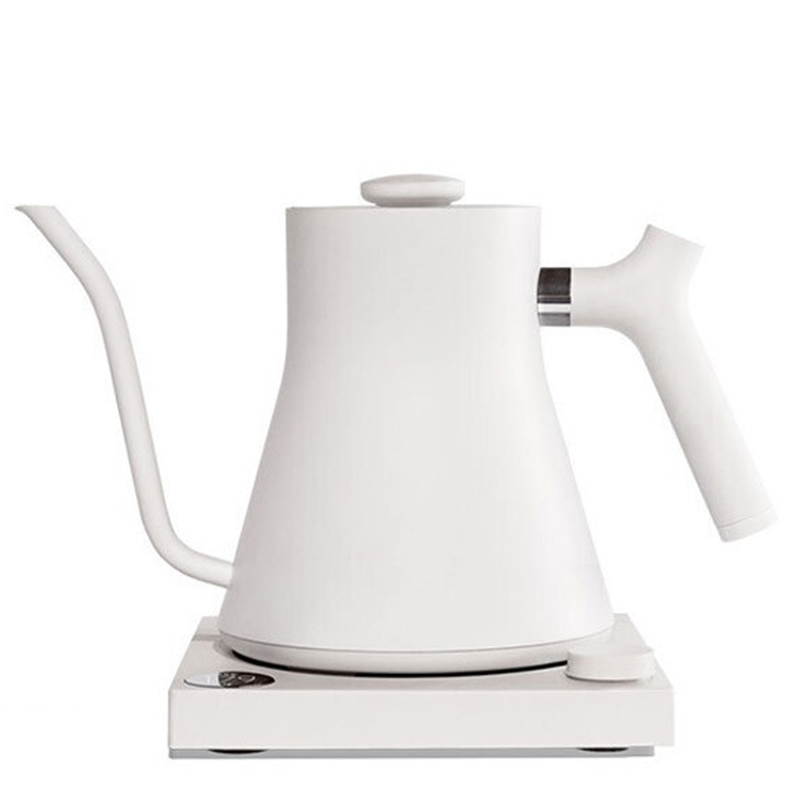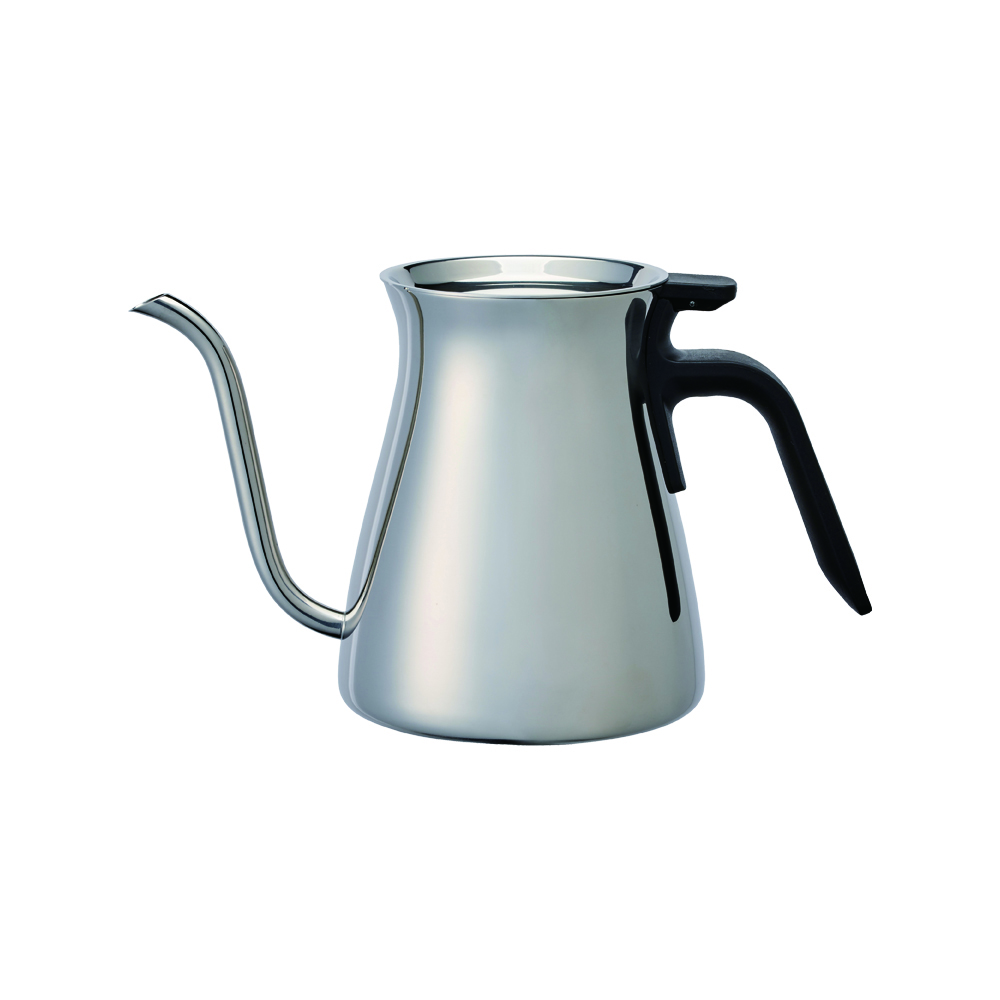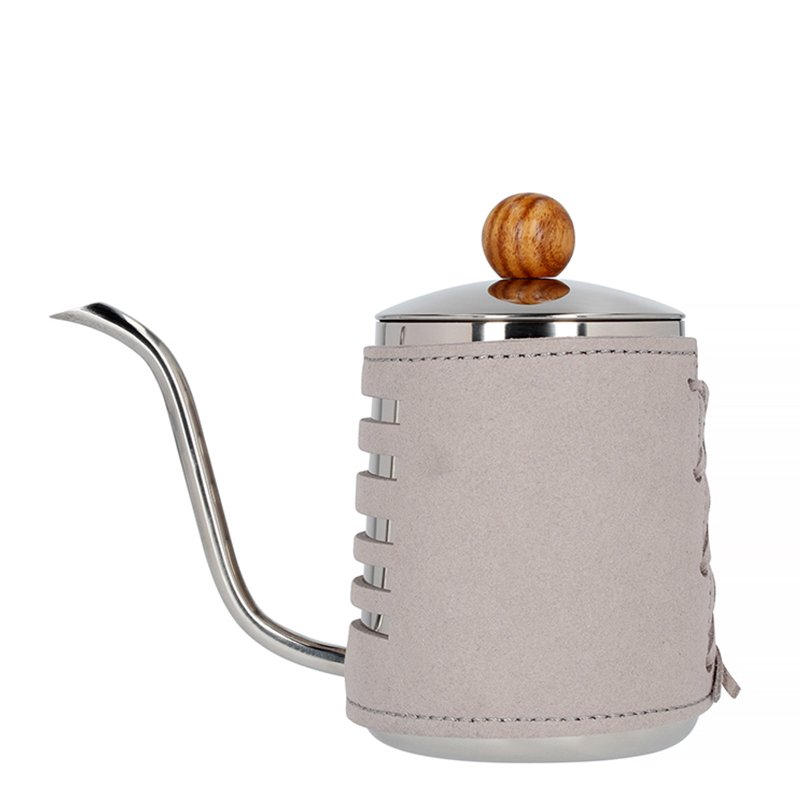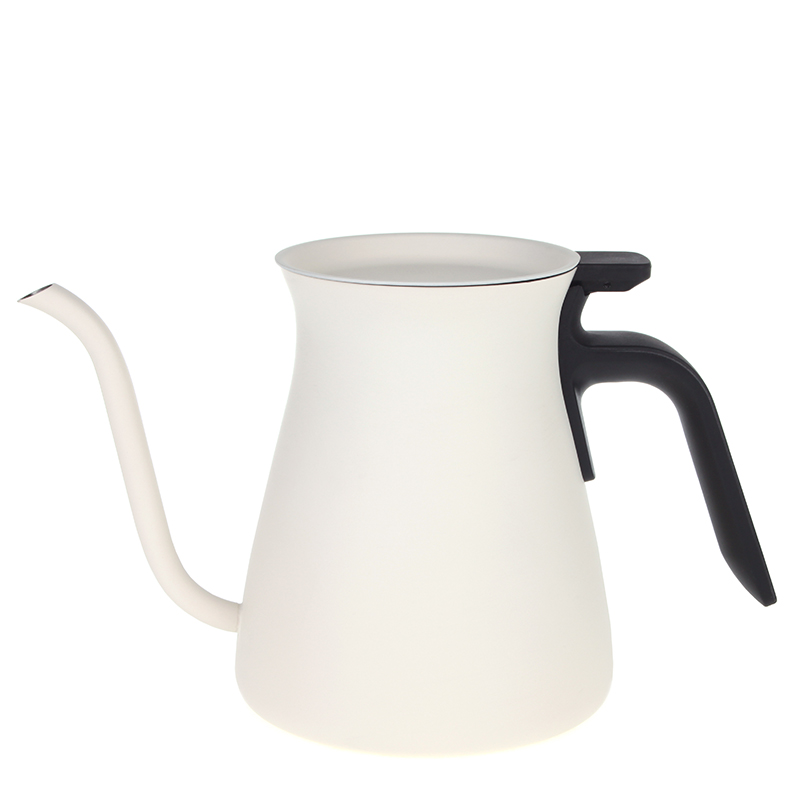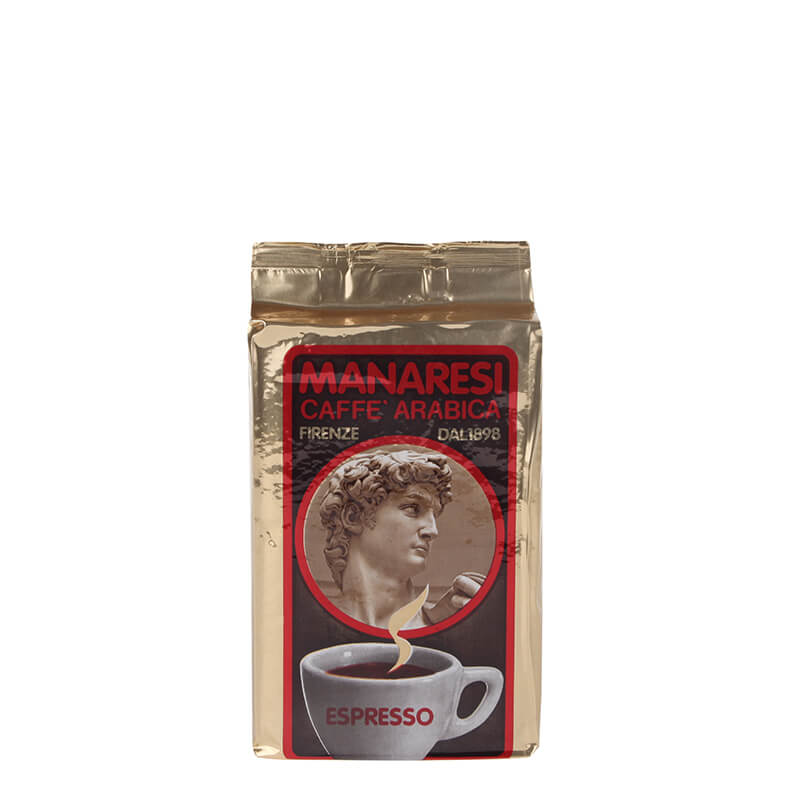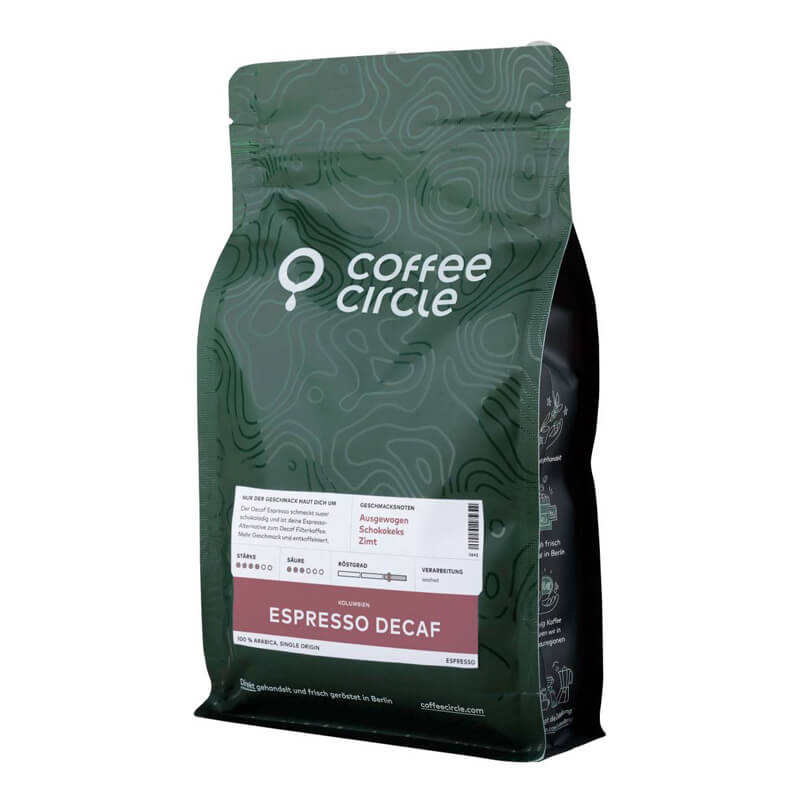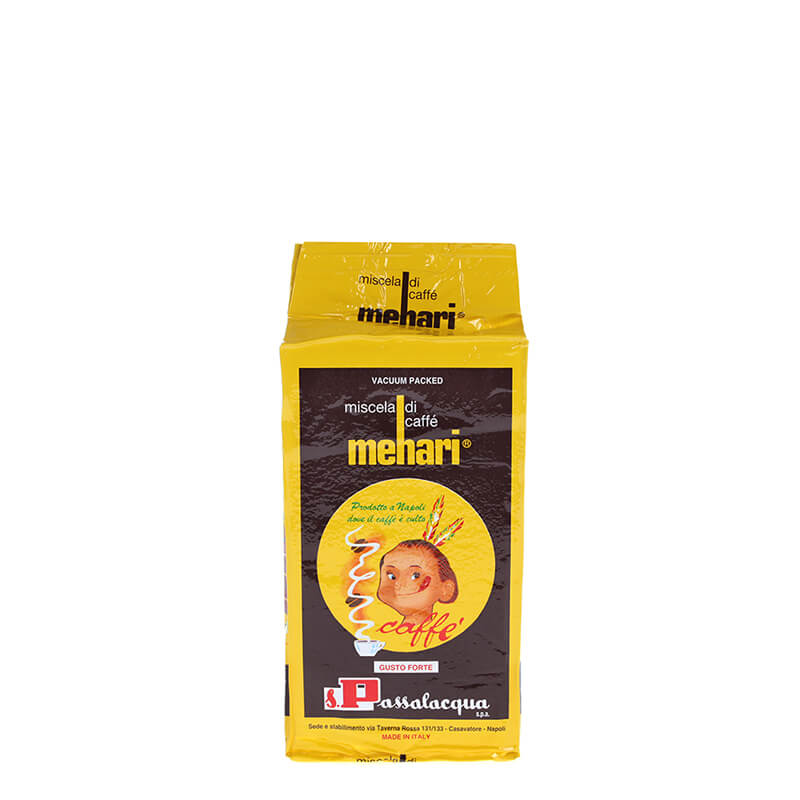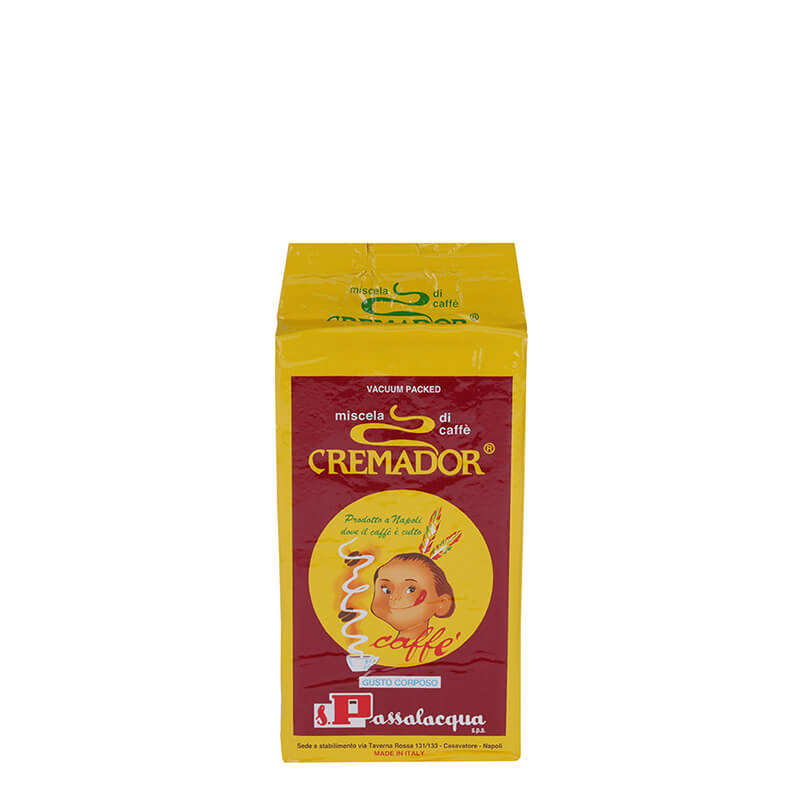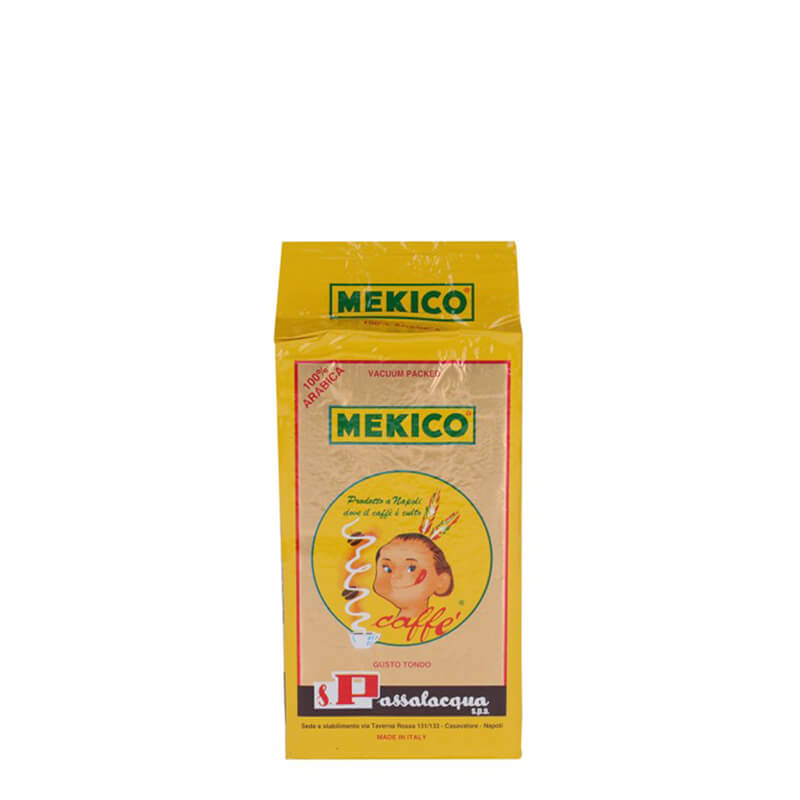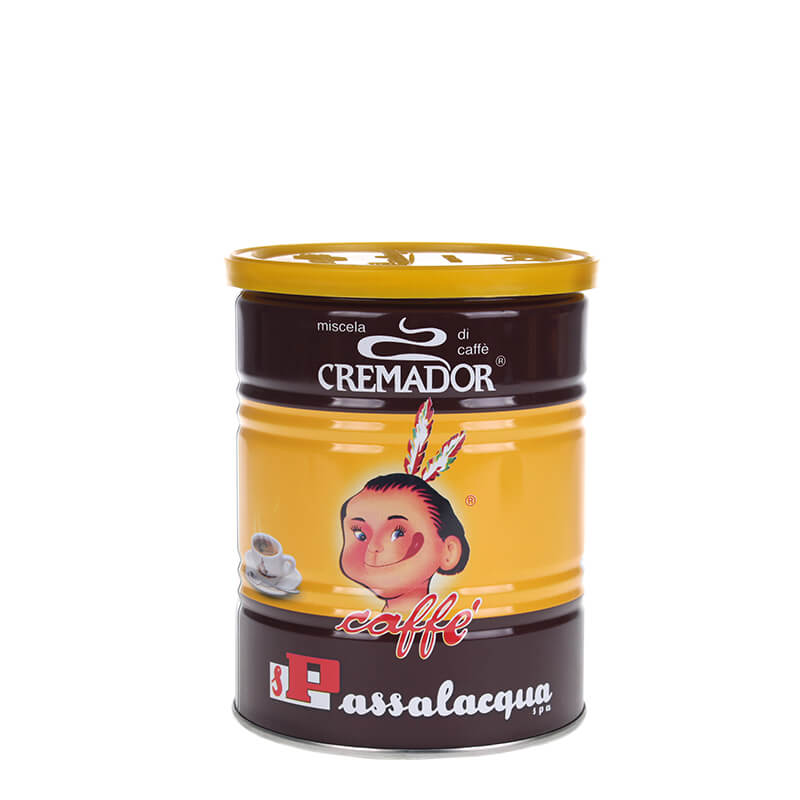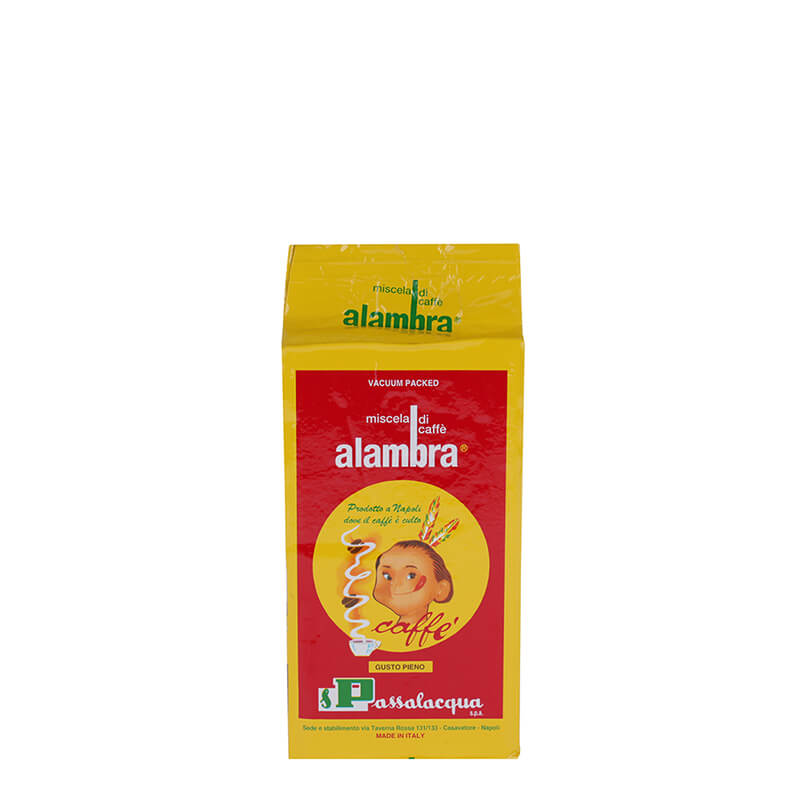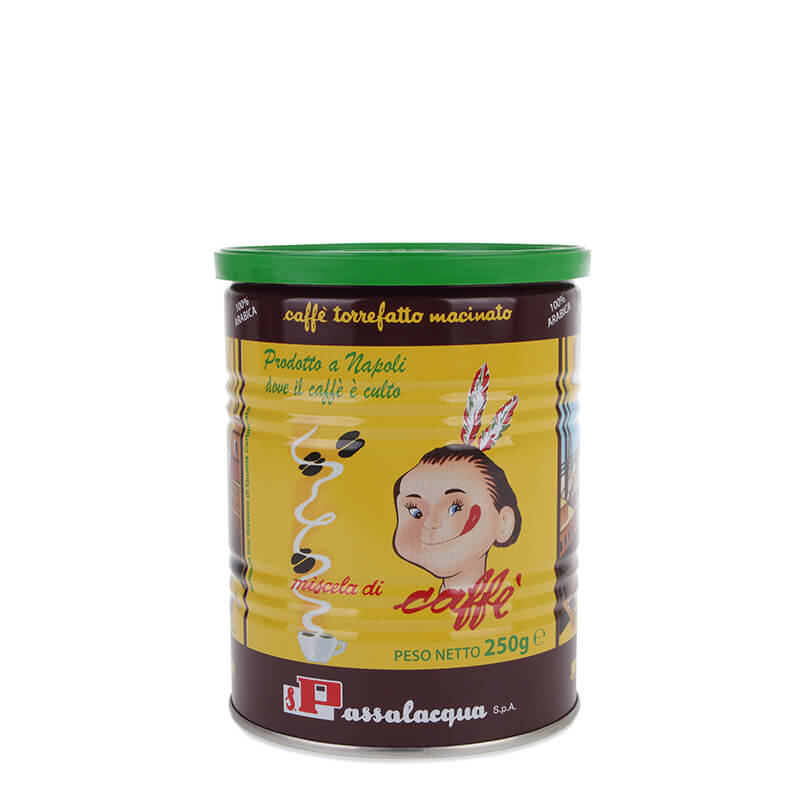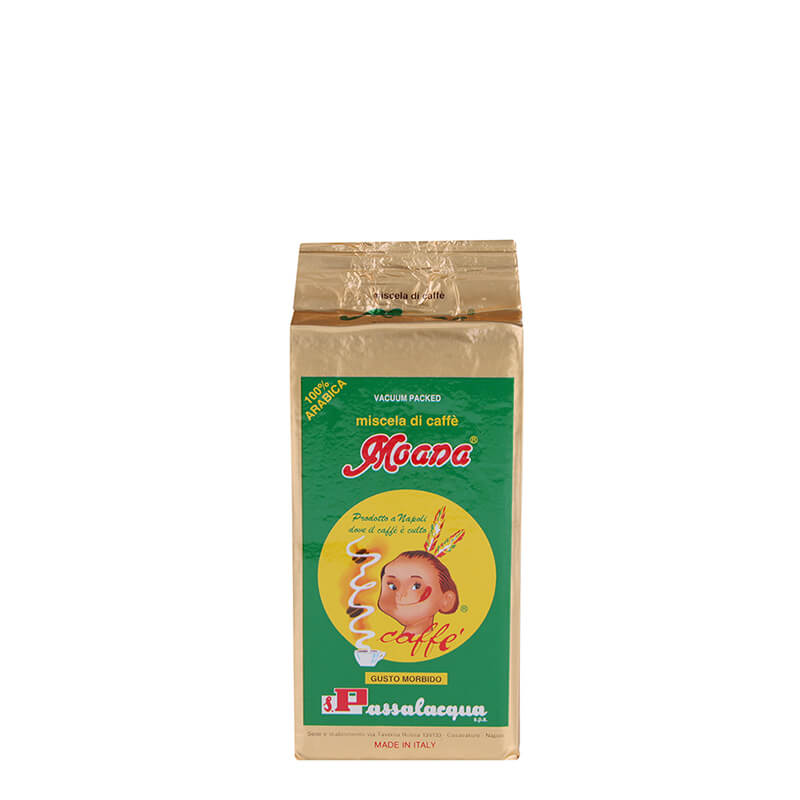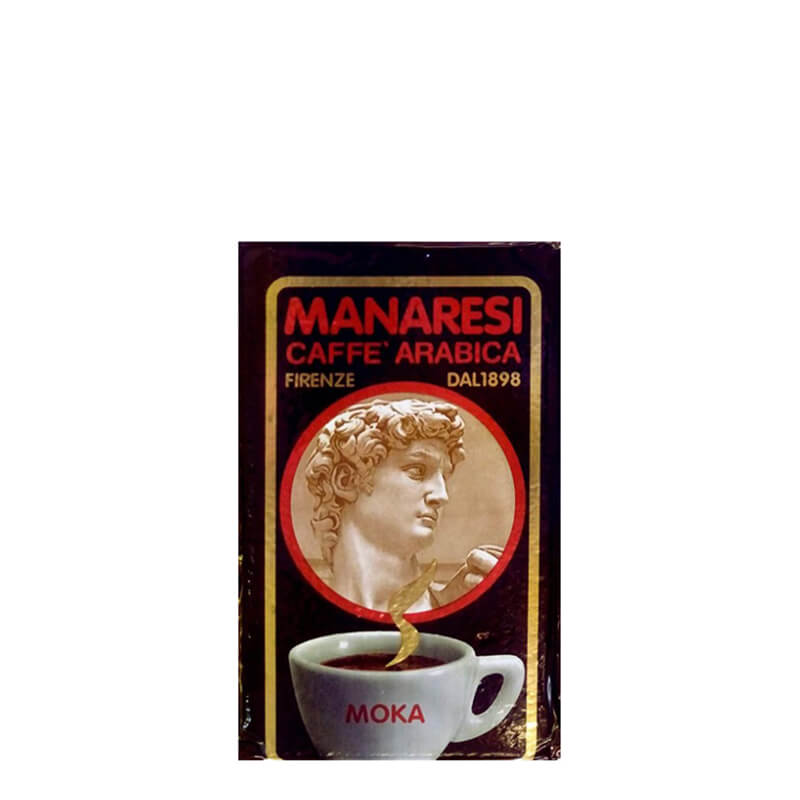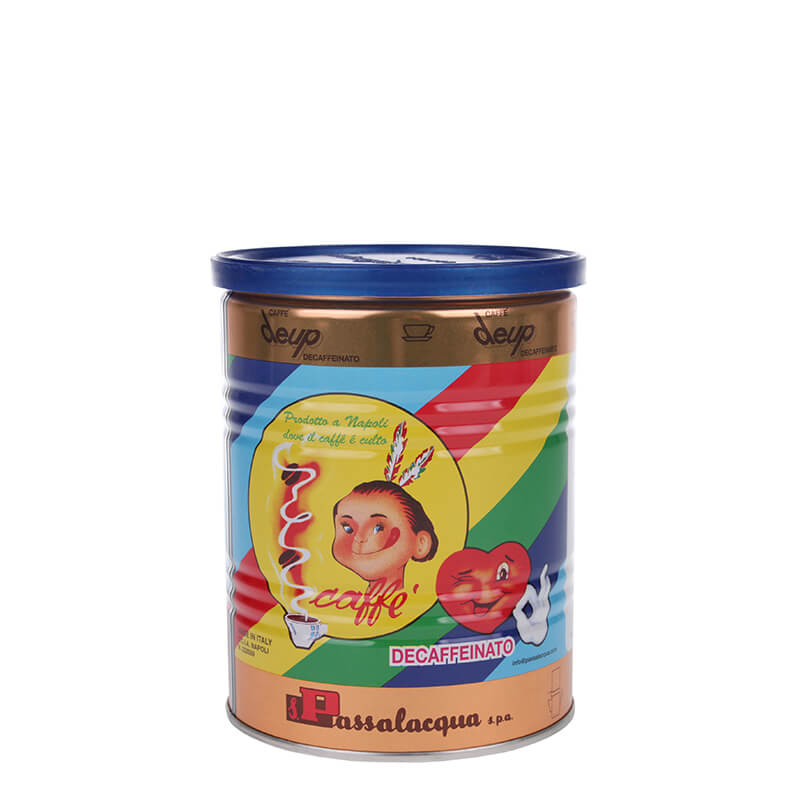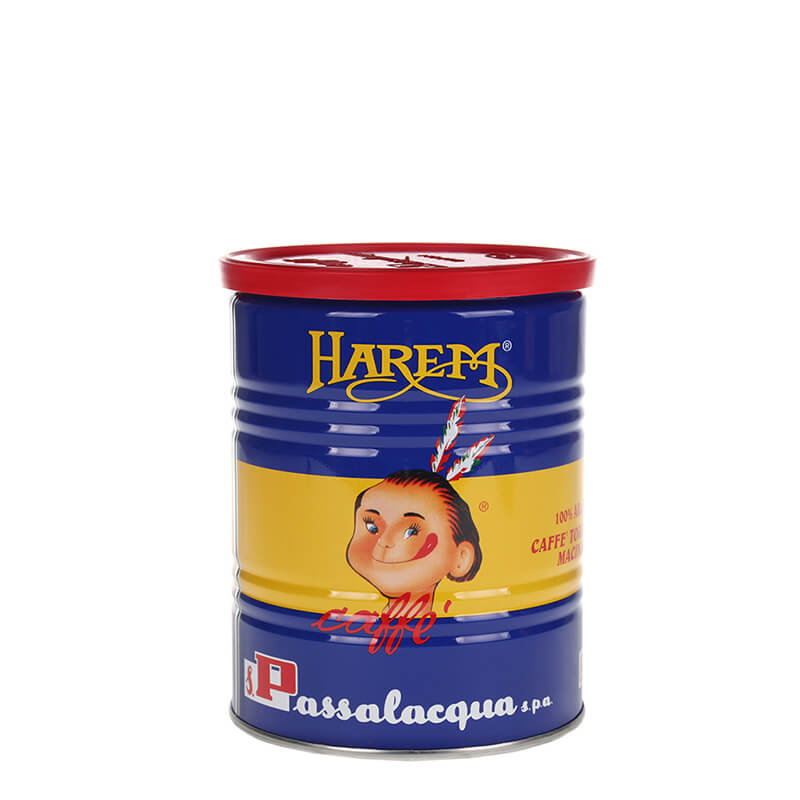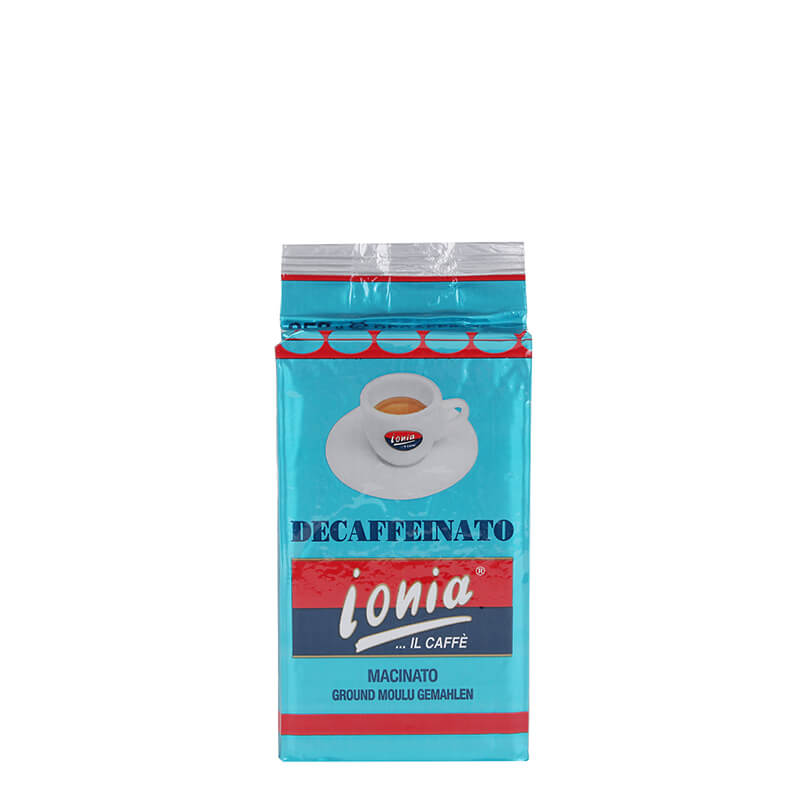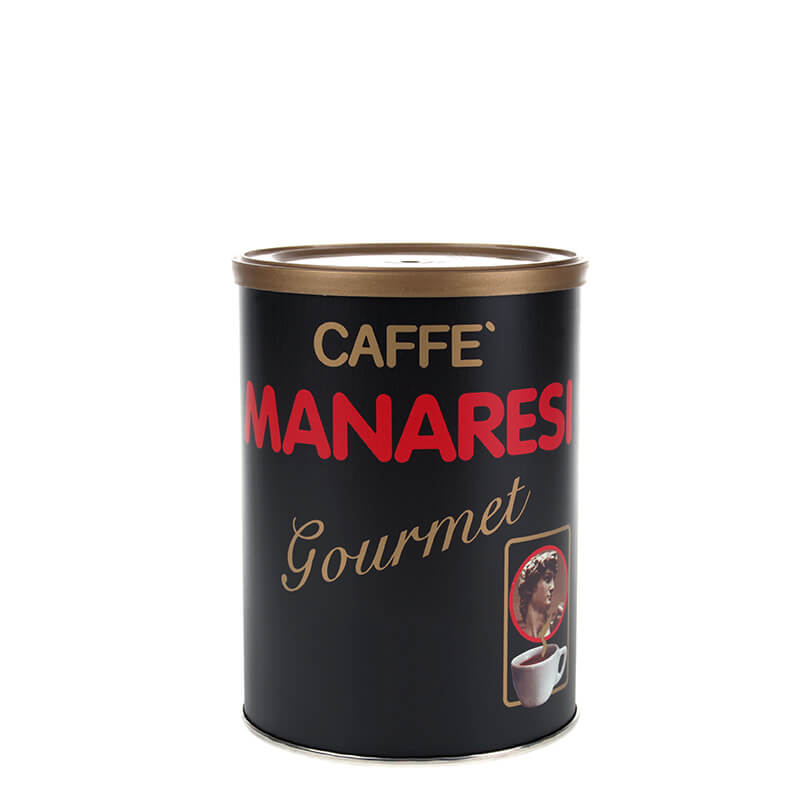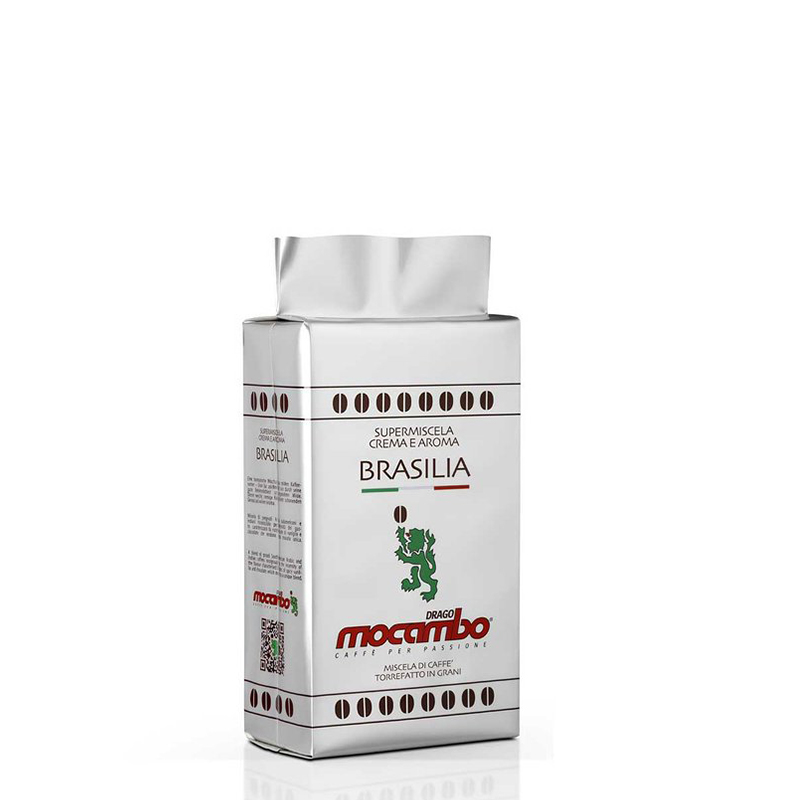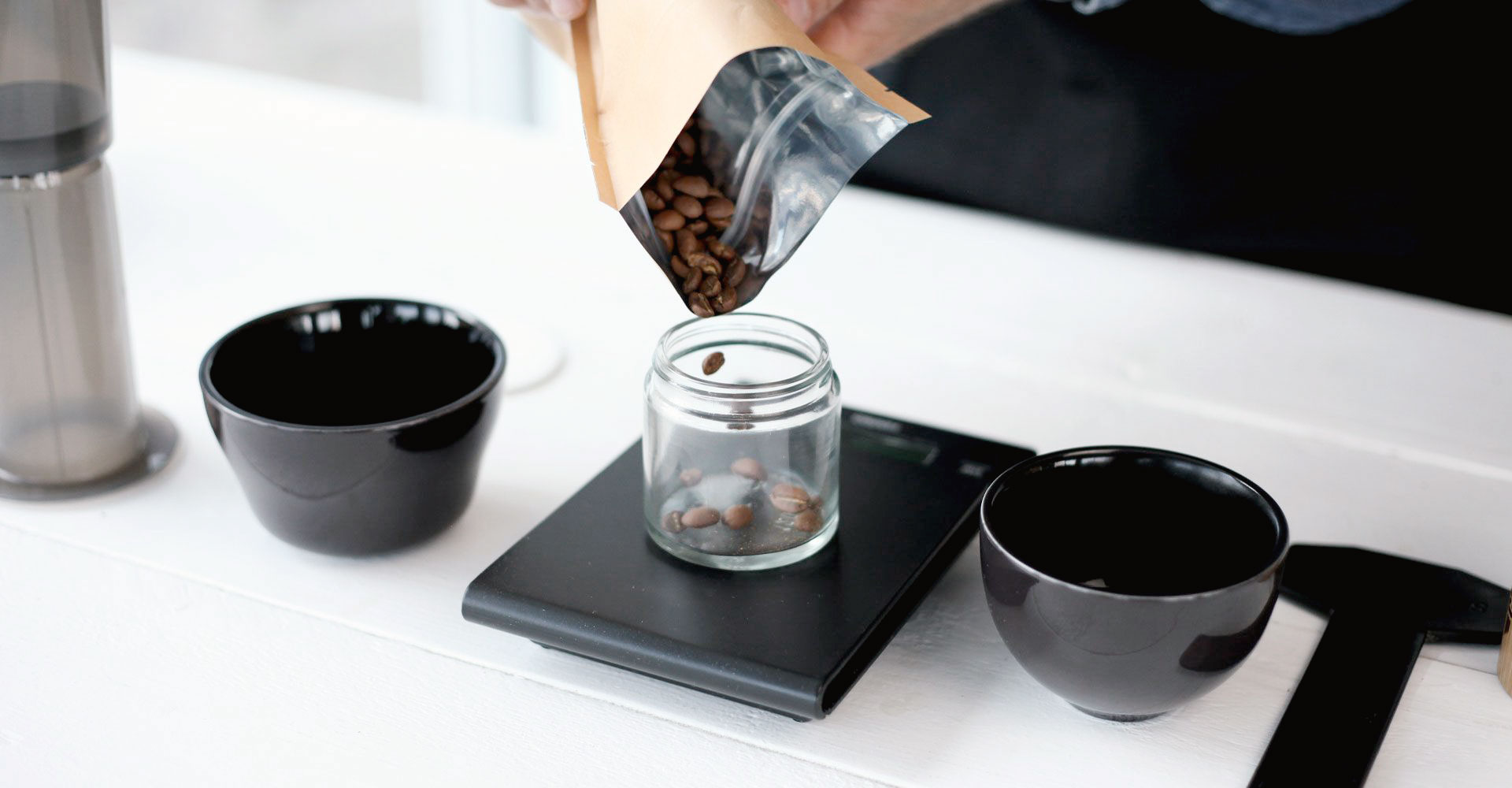

THE CUCCUMA: INSTRUCTIONS FOR PERFECT CUCCUMA COFFEE
PREPARATION STEP BY STEP
The basis for preparation with the espresso maker are coffee beans whose body is characterized by a balance. Whether you go for fruity or strong, more chocolatey nuances is a matter of taste. Here you will learn how to prepare delicious espresso with your mocha pot step by step:
YOU NEED THESE ACCESSORIES
INSTRUCTION: PREPARATION CUCCUMA
Step 1: Coffee quantity and grind

Unscrew the cuccuma and rinse under hot water. Either use already ground espresso or grind approx. 13 to 15 g coffee beans medium fine - the coffee grounds should not be too fine.
Step 2: Add coffee grounds

Pour the coffee grounds into the filter element and press down lightly.
Step 3: Water quantity and temperature

Boil 200 ml of water. Pour the hot water into the pot section - the temperature should be below the boiling point at around 95 °C so as not to burn the coffee.
Step 4: Insert filter

Place the filter sensitively on the pot and screw the jug part upside down on top.
Step 5: Turn cuccuma

Now turn the cuccuma so that the jug is at the bottom.
Step 6: Paper cap on pouring spout

Place a paper cap on the pouring spout to prevent the aromas from escaping. Then the water runs through the filter, for about 30 seconds, and the coffee grounds are collected in the jug.
Step 7: Cuccuma coffee serve

Unscrew the upper container, put on the lid and serve the Cuccuma coffee directly from the Cuccuma pot.
Pour and enjoy.
SUITABLE COFFEES FOR THE CUCCUMA
GENERAL
The Cuccuma represents a piece of Italian coffee history. The traditional coffee maker originates from Naples and is also officially called "caffettiera napoletana" or usually simply "napoletana" in Italy. Coffee lovers:inside appreciate Cuccucma-Caffè for its intense and at the same time harmonious taste. The process behind it is the action of gravity, while the mocha pot - similar only at first sight - is based on the pressure of steam. The Napoletana consists of three parts: the lower part of the pot filled with water, the upper pot and the basket-like filter element in the middle. It scores with its nostalgic retro flair and convinces as a unique design object. Already during its preparation, Cuccuma-Caffè exudes a wonderfully aromatic scent that takes you on a journey through time to the heart of the Italian coffee capital. The caffettiera napoletana was originally made of copper and was an integral part of Italian households until the end of the 19th century. It was probably invented in 1819 by a Frenchman named Morize, and yet it represents the Italian coffee culture of the 19th century. The traditional Italian company Kimbo has made it its mission to spread the coffee of its home country throughout the world. Its stylish Cuccuma combines tradition with modernity and preserves the Neapolitan coffee culture.The Cuccuma represents a piece of Italian coffee history. The traditional coffee maker originates from Naples and is also officially called "caffettiera napoletana" or usually simply "napoletana" in Italy. Coffee lovers:inside appreciate Cuccucma-Caffè for its intense and at the same time harmonious taste. The process behind it is the action of gravity, while the mocha pot - similar only at first sight - is based on the pressure of steam. The Napoletana consists of three parts: the lower part of the pot filled with water, the upper pot and the basket-like filter element in the middle. It scores with its nostalgic retro flair and convinces as a unique design object. Already during its preparation, Cuccuma-Caffè exudes a wonderfully aromatic scent that takes you on a journey through time to the heart of the Italian coffee capital. The caffettiera napoletana was originally made of copper and was an integral part of Italian households until the end of the 19th century. It was probably invented in 1819 by a Frenchman named Morize, and yet it represents the Italian coffee culture of the 19th century. The traditional Italian company Kimbo has made it its mission to spread the coffee of its home country throughout the world. Its stylish Cuccuma combines tradition with modernity and preserves the Neapolitan coffee culture.TIPPS
- You can also use the cuccuma directly on the stove - it is important that the water does not boil, as the coffee may burn and taste bitter.
- After turning the Napoletana upside down, Neapolitans traditionally put a cone-shaped paper hat, called a coppetiello, over the spout of the pot. In this way, they preserve the aroma in the cuccuma.

